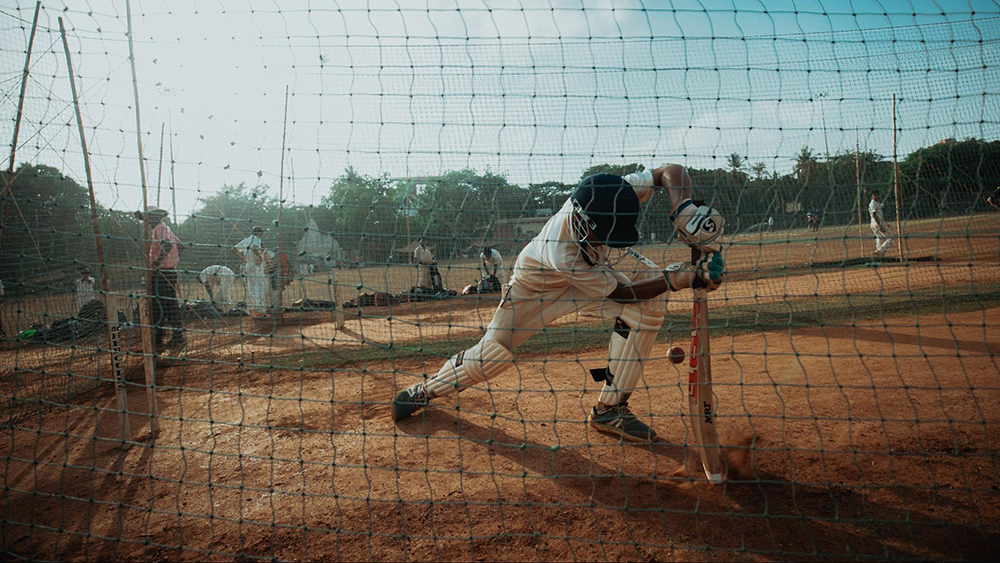
Perfectionism can be a big challenge. It typically affects individuals who set high personal standards for themselves, or who are trying to adhere to high standards set by their families or cultures. Perfectionism may seem like the polar opposite of procrastination, but they are really two sides to the same coin. Both habits hinge on the fear of failure and a lack of self-confidence.
Wanting to excel personally or professionally is an admirable goal. However, when the desire to do well becomes an obsession or prevents individuals from following through with daily activities, it can become a problem. In these cases, perfectionism can actually increase the chances of failure, which cyclically reinforces self criticism and can lead to a doubling down on perfectionist tendencies.
Professional athletes can teach us a lot about managing perfectionism. They are examples of individuals who set high standards and work hard to accomplish their goals. However, they also know how to prevent perfectionism and the fear of failure from debilitating them.
After losing a game or failing on the court or field, athletes learn from their mistakes and get right back out there. Here are three important lessons athletes can teach us about perfectionism.
- Your value is not tied to your success. Experiencing failure and coming out alive on the other side can teach you that your worth and value are not tied to your accomplishments or how much you excel in a certain area.
- You are resilient. Each time you fail and pick yourself up again, you learn something about your own strength and resilience. This, in turn, can make you more confident when facing future challenges.
- You need a support system. Athletes rely on their support systems—including friends, family, coaches and teammates—to help them bounce back after a loss or failure. It is important to develop a strong network of trusted peers to help you work through challenges and setbacks in your life.






